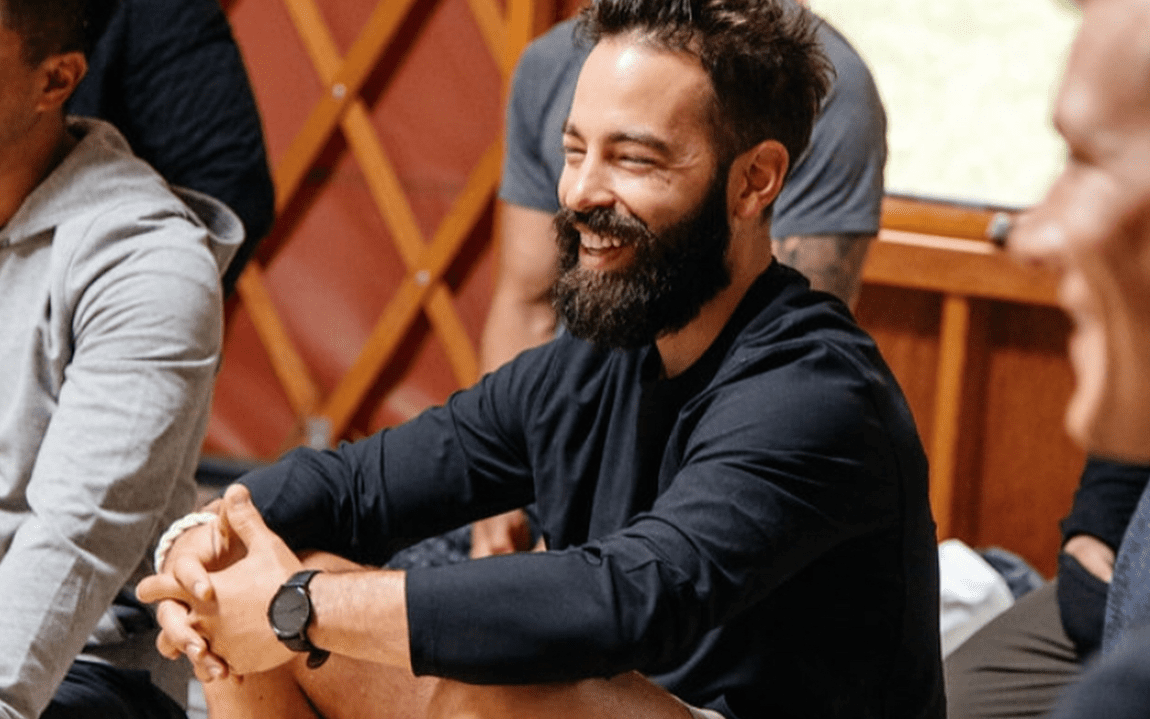
BY: MERI PERRA
Tuesday, March 19, 2013, an adventurous ski getaway in Whistler, B.C. changed the course of Michael Levine’s life forever. A Class 2 avalanche struck while Levine, along with his brother and a friend, were hiking up the back side of the mountain in the backcountry of Whistler Blackcomb. Levine’s friend and brother escaped relatively unscathed, Levine at first did not.
“I was fully buried under four feet of snow,” Levine said.
Beginning the search, both his brother and friend were miraculously able to locate him and first discovered his snowboard boot, Levine’s brother and friend were quick to react and shoveled him out, to find him unconscious and non-breathing.
“They went to clear my airway and found my mouth was full of snow,” Levine said. “They [shook me] and moments later, I began breathing on my own.”
The Whistler Avalanche search and rescue Team helicoptered into the area to rescue Levine, his brother and friend. They were then transported to the Whistler Health Care Centre, where the life-saving rescue made the news.
https://www.instagram.com/p/Bdn4ejWF4ce/?taken-by=thescenelevine
Diagnosed with a concussion at first, Levine took a flight back to Toronto a mere two days after the accident. He showed up for work that week, as a financial adviser at a downtown Bay Street firm, where his Branch Manager immediately recognized something wasn’t right with his health.
“My eyes were completely blood shot, I had headaches and sensitivity to screens, light and noise,” Levine said.
So began Levine’s journey to recovery. In fairness, Levine says, not many health practitioners treat avalanche survivors in Ontario, and many did not know what to do. He was determined, trying to find the right care until he started treatment at the David L. MacIntosh Sport Medicine Clinic at the University of Toronto. It was at the MacIntosh Clinic where Levine learned he had sustained an anoxic brain injury due to lack of oxygen to the brain, in addition, to his concussion.
“The recovery was extremely challenging for the first two years,” Levine, who says he has not taken any prescription medication or over-the-counter pain medicine since his injury. “I was advised by my doctors to take a leave of absence from work which started out as three months, then turned into six months, and then it ended up being a year and a half.”
Skiing in the backcountry is at your own risk and adventure seeking skiiers are strongly suggested to proceed with caution. Levine, his brother and friend were experienced and equipped adventurers prepared for the day.
Whistler, appeared safe and enticing despite having variable weather patterns that week, and Levine was capable and adaptable to the conditions when the event occurred. Doctors said his health beforehand helped him survive and recover, initially, as well as he did.
https://www.instagram.com/p/Bd_DEXFlDEo/?taken-by=thescenelevine
Levine had no choice but to adapt to this new way of life. His exercise routine had to change. Elevating his heart rate put too much pressure on his brain. Socializing and working became a much slower pace than he was used to. He limited his workout routine to gentle yoga and the stationary bike. He had to give up weight lifting for over a year. He dealt with short term memory loss, fatigue, lack of energy and continued to experience sensitivity to light and noise.
Levine says the multidisciplinary team at the Toronto Rehabilitation Clinic, where treatment included occupational, physical and speech therapy moved him to the next level of his recovery. Cranial Sacral Therapy, Levine says, got him even closer to the final recovery stage and it became a significant part of his ongoing support to improve his health.
“I knew what I was capable of before the accident,” Levine said. “Now I had to learn to adapt to this new way of life. I had to really listen to my body and if I really don’t have any energy I had to say no to people or events. It was a learning experience.”
Levine says it wasn’t ‘just one thing’ that helped with his recovery. Talk therapy was also an important component to my recovery during the second phase. Not to leave out the fact that food is medicine for Levine and he focused on nutrition and supplements.
Levine says recovery from a brain injury also became a chance to find his true purpose and reevaluate what is important in his life. He took a detour from the financial world for two years and worked as a stylist in the menswear industry. This allowed him time and space to reflect, heal, reorganize and prioritize.
Today Levine is back in the finance office, working full time developing a business with a team. He is mindful of his time management balancing work, social, rest, exercise, and achieving optimal health and well being in today’s fast pace environment. And congratulations to Levine he has just completed the 200 hour yoga teacher training at YogaSpace.
“Yoga has been a part of my life for the last seven years,” Levine said. “It’s a great way for me to give back, and share with others in the community.”
You can catch Levine’s community class at YogaSpace this Sunday, January 28 and on Sunday March 11 at 8:45 a.m. on both days. He’ll also teach at the Attic at Lululemon (318 Queen West) on March 17 at 3 p.m. The cost is $5, and all levels are welcome, Levine says he teaches a strengthening flow class, which is open to beginners and more experienced.
We have a hunch a lot more is coming for this ABI thriver, especially for you yogis out here.
“I’d love to customize a [yoga] sequence for ABI survivors,” Levine said.
Sounds nama-awesome.
Yoga Space
148 Ossington Avenue |Toronto, Ontario, Canada | M6J 2Z5
FEATURED IMAGE VIA @THESCENELVINE ON INSTAGRAM
Meri Perra is the Communications Coordinator at BIST.




